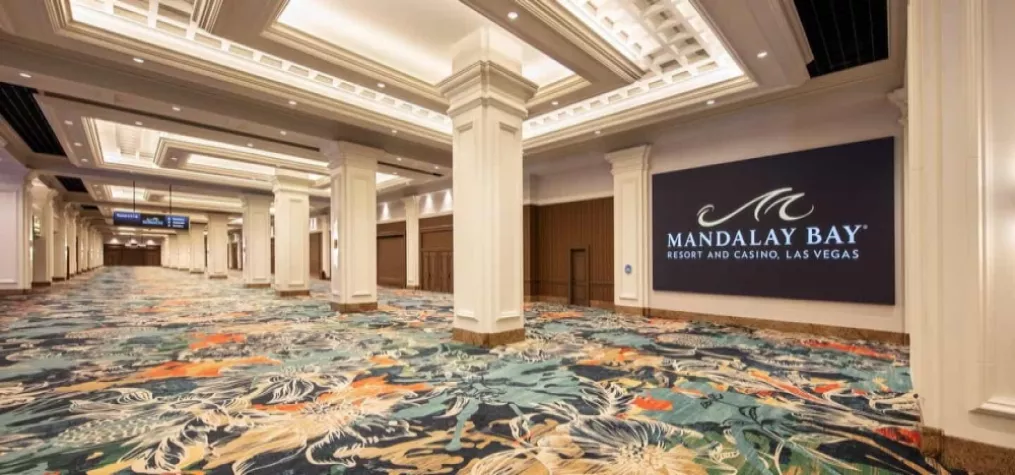Charles Olentine

Charlie Olentine, CEO of Consult NC Inc, has over 25 years experience in B2B publishing and from 2004 to 2016 managed the Top 50 show - International Production & Processing Expo. colentine@consult-nc.com

Politics is the art of looking for trouble, finding it everywhere, diagnosing it incorrectly and applying the wrong remedies. Groucho Marx
One might have thought that after the controversies and divisiveness over laws in Arizona, Indiana and Missouri over gay marriage that politicians would stay from the issue. Not so in Georgia. This session, the legislature passed a “Religious Liberty” that provided a de facto legalization of discrimination.
Rather than trying to improve the economic lives of the citizens of Georgia and improve efficiencies in government, the legislators decided to dwell on what would play well to the conservative back home voters in their districts with a divisive issue. According to the Atlanta Journal, House bill 757 would have “allowed faith-based groups with ‘deeply held religious beliefs’ to opt out of marrying, employing and providing services to gay people.”
The economic implications were far-reaching with numerous companies such as Delta, Disney, Salesforce.com and Coca Cola actively pressuring Gov. Nathan Deal to veto the bill. The city of Atlanta also mobilized as it was vulnerable to losing considerable revenue from the event and convention/trade show sector.
Numerous organizations threatened to reconsider their decisions to come to a state that did not recognize diversity and civil rights. The Atlanta Falcons will be opening a new, state-of-the-art stadium in 2017 and is under consideration for the Super Bowl by the National Football League. The NFL made it clear that if the law was enacted the bid would be in serious jeopardy.
Add to that the fact that Atlanta will be hosting the Final Four and a college football playoff game down the road and there was considerable concern about the image of the state and possible ramifications.
Kudos to Gov. Deal. He was under considerable pressure from all sides but did the right thing by vetoing the legislation. He stated, “I do not think we have to discriminate against anyone to protect the faith-based community in Georgia.” The hospitality industry in Atlanta can now go back to providing Southern hospitality and be the “city that is too busy to hate.”
What Arizona, Indiana and Georgia have witnessed is how the event/trade show industry can facilitate change through its dedication to serving all people. Issues will arise from the extremes of both the Right and Left but we need to be focused on “hospitality.”
The industry has, in fact, supported a number of social initiatives through the willingness of a large number of show organizers and industry associations to provide support to charities in the various host cities through financial means or volunteering labor.
Additionally, the industry’s commitment to going “Green” has had a dramatic impact on how shows are organized, waste minimized and how convention facilities are designed to handle the subsequent waste and to incorporate energy conservation through architecturally driven initiatives. The industry does not have to be “political” but can facilitate change in its own way.
The decision to host an event in a certain venue is one that is very personal to the organizer. While there may be political overtones in the decision, we have a responsibility to do what is right in the context of our organizations, exhibitors and attendees.
These types of fiascos also point out that we have to become politically active. We need to work on local, state and federal levels to inform the politicians about the economic and social impacts of our industry. One way we can get active is by participating in IAEE’s Exhibitions Day taking place June 7-8 in Washington, D.C. At this meeting, industry members will visit federal legislators and other policy influencers on Capitol Hill.

Add new comment